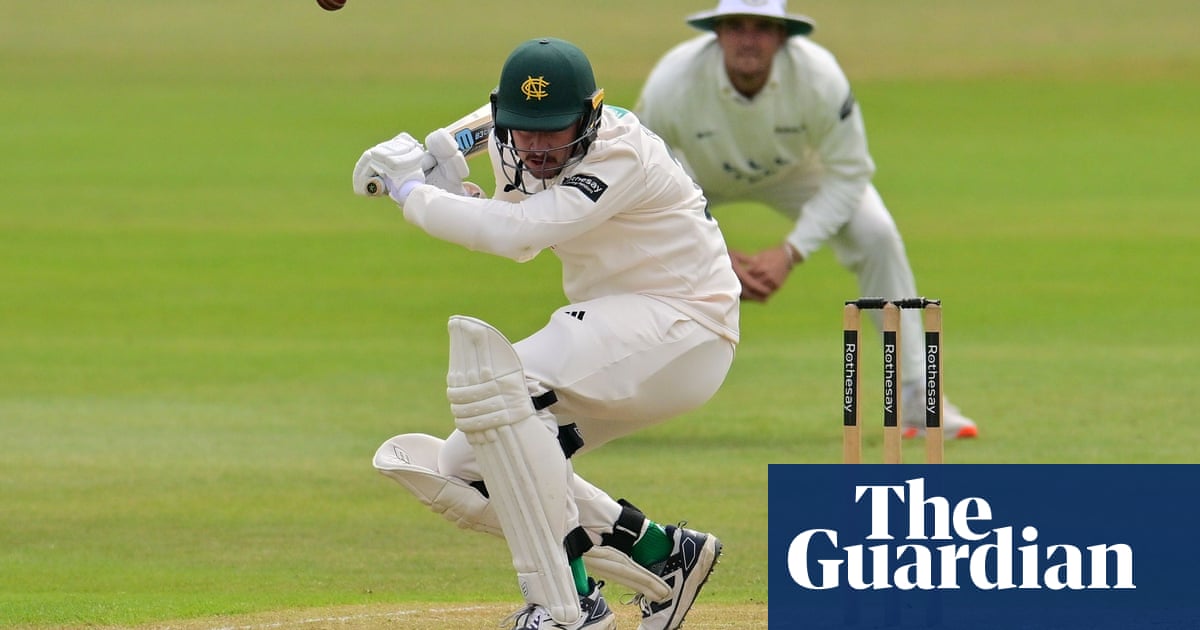Grand slam doubles champion Max Purcell has accepted an 18-month ban for breaching anti-doping rules, with the Australian saying he has developed a nervous tic and anxiety because of the case.
The 27-year-old entered a voluntary provisional suspension in December after admitting to breaching Article 2.2 of the Tennis Anti-Doping Program “relating to the use of a prohibited method”.
The reigning US Open doubles champion received IV infusions of more than 500ml twice in December 2023 after falling ill in Bali, with the limit under the World Anti-Doping Code and TADP (Tennis Anti-Doping Programme) 100ml in a 12-hour period.
Following an investigation by the International Tennis Integrity Agency (ITIA), Purcell’s penalty was reduced by 25% because of his “full co-operation and information sharing”.
With time served under the voluntary provisional suspension, Purcell’s suspension will end on 11 June 2026. The Sydneysider is unable to play, coach or attend any tennis events until then.
Purcell, who also won the men’s doubles at Wimbledon in 2022 and reached a career-high doubles ranking of No 8 last year, said he was relieved to finally have an outcome.
“This case has been going on for months, seriously affecting my quality of life, from being unable to sleep and eat properly and refusing to be by myself, to developing nervous and anxious tics, which I still currently battle day to day,” Purcell said in a statement on Instagram.
“I couldn’t sit and enjoy anything without the thought of the case and the endless possibilities of what sanction I would receive. I’m so glad this is finally over for me and I can move on with my life.”
Purcell said the ITIA had accepted that the infusion over the 100ml limit was not intentional and its contents were WADA-approved, providing no performance-enhancing benefit.
“It was 11 days prior to my first match of the season and was also administered at a 24/7 medical facility in a third world location after feeling unwell and fatigued from training,” Purcell said.
after newsletter promotion
Men’s world No 1 Jannik Sinner tested positive twice for an anabolic steroid and accepted a three-month ban, while women’s counterpart Iga Swiatek was handed a one-month suspension last November for testing positive for the banned substance trimetazidine.
ITIA chief executive Karen Moorhouse said Purcell’s case showed anti-doping was “broader” than prohibited substances.
“This case does not involve a player testing positive for a prohibited substance but demonstrates that the anti-doping rules are broader than that,” Moorhouse said in a statement.
“It also shows the ITIA considers intelligence from a range of sources with the overriding aim to protect everyone covered by the tennis anti-doping rules, and ensure a level playing field for all.”









